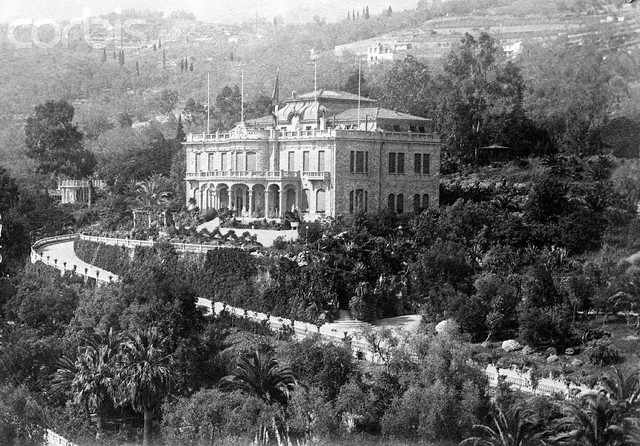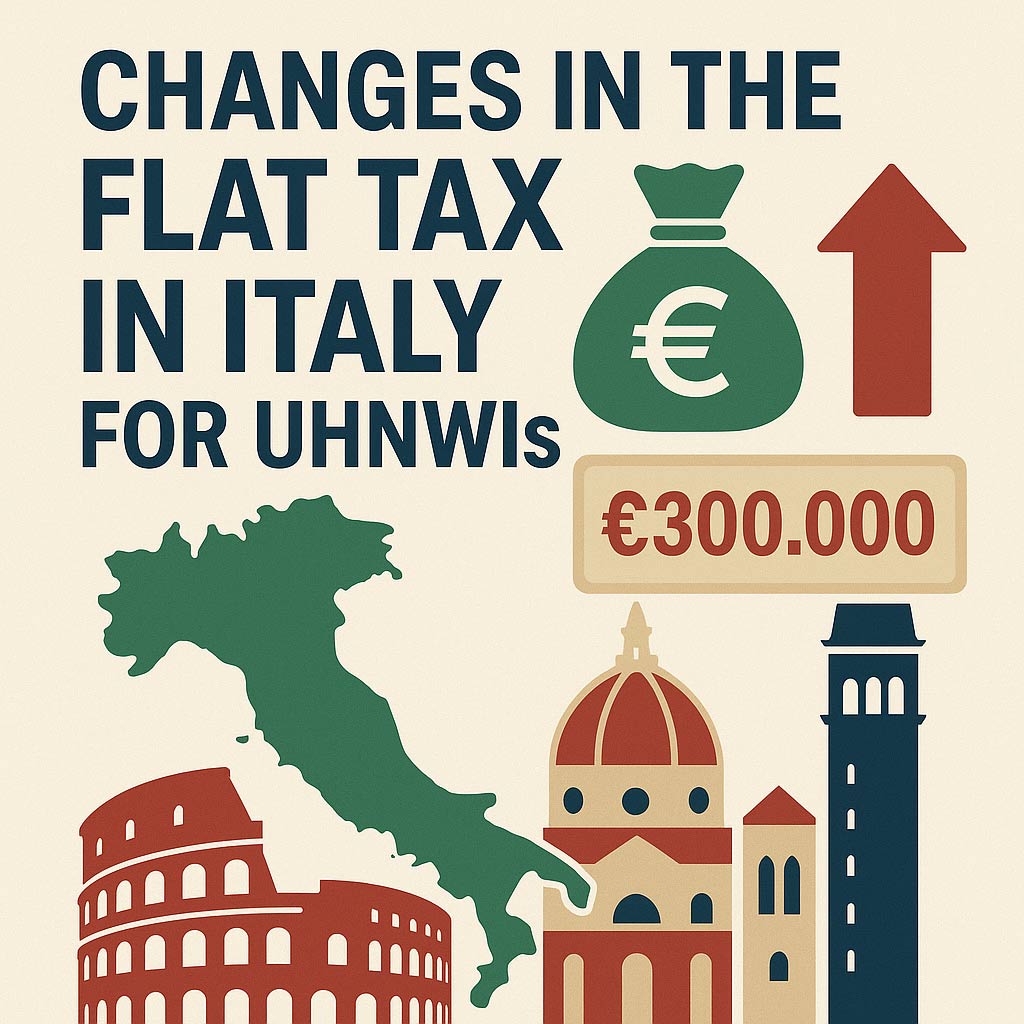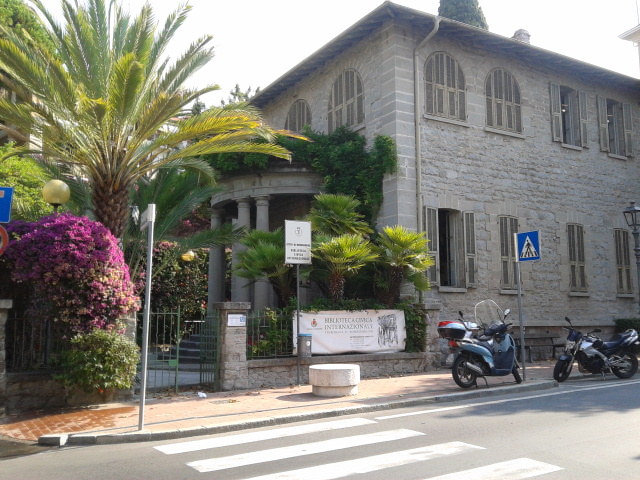The 76th edition of the San Remo Music Festival is set to take place from 24 to 28 February 2026 at the iconic Teatro Ariston in Sanremo on the Italian Riviera. This annual event remains a cornerstone of Italian music culture, blending tradition, contemporary creativity and national pride.

Credit: SanremoDaily
A Festival Defined by Heritage and Innovation
First held in 1951, the Festival della Canzone Italiana di San Remo has become Italy’s most prestigious music competition, shaping the country’s popular music scene and inspiring international song festivals. The 2026 edition continues this legacy, bringing together established names and new voices in a week of performances, storytelling and spectacle.
Dates, Hosts and Format
San Remo 2026 will unfold over five nights from Tuesday 24 February to Saturday 28 February 2026 at the historic Ariston Theatre. Carlo Conti returns as both artistic director and lead host, flanked every night by the world-star Laura Pausini, marking her first year as a permanent co-host for the festival.
The programme maintains the classic San Remo structure:
- 30 big artists compete with new original songs.
- 4 artists in the “Nuove Proposte” (New Voices) category showcase emerging talent.
Voting combines public tele-voting, press and radio juries to determine rankings each night and the overall winner.
Alongside the main shows, the PrimaFestival preview series and DopoFestival talk-show segments offer deeper engagement with artists and audiences throughout the week.
Continue reading San Remo Music Festival 2026 Celebrates 76 Years of Italian Song






